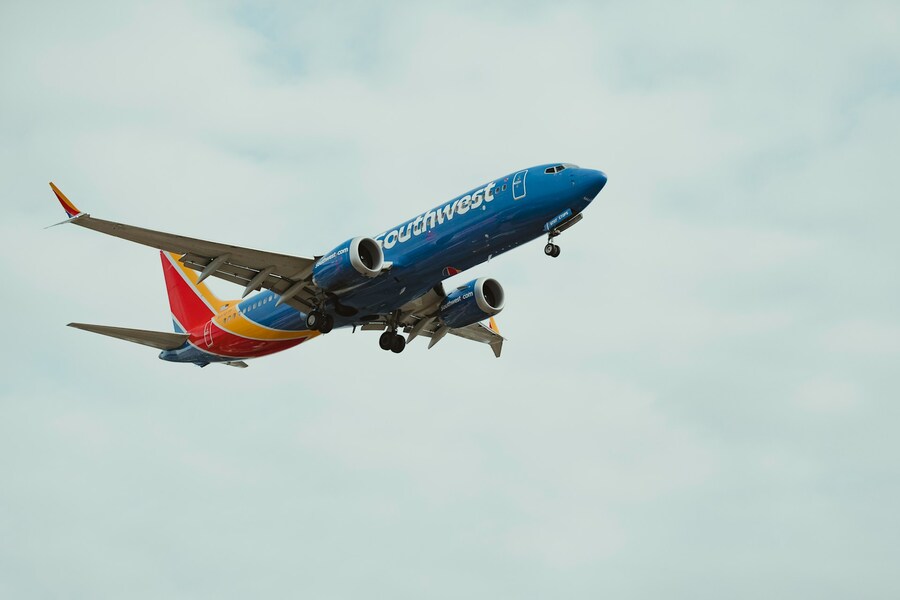Embarking on a journey is an exciting prospect, but the modern traveler knows that preparation is key, especially when it comes to the reliability of air carriers. A canceled flight can derail even the most carefully planned itinerary, turning excitement into frustration. Knowing which airlines have the most dependable schedules can significantly reduce travel stress. Before you book your next flight or look for affordable domestic airport parking, consider the operational performance of the major U.S. airlines.
So, which U.S. airlines will get you there on time?

Source: Nick van der Vegt/Unsplash
When examining overall performance, the cancellation rate is a telling indicator of an airline's commitment to maintaining its schedule. Lower percentages generally translate to a smoother travel experience, minimizing the risk of unexpected disruptions.
The most consistent performers
A few carriers stand out for their exceptional track record of minimizing cancellations. At the very top, Southwest Airlines demonstrates remarkable consistency, with a cancellation percentage of just 0.63%, representing 5,260 canceled flights. This lean operation makes them a strong choice for time-sensitive travel. Closely following are Alaska Airlines at 0.77% (1,922 canceled flights) and Hawaiian Airlines at 0.80% (372 canceled flights). For travelers prioritizing certainty, these airlines offer peace of mind, allowing you to focus on pre-trip details like securing the best airport parking rates for your vehicle.
Mainline carrier performance
The major network carriers, while operating on a much larger scale, show varying degrees of schedule reliability. United Airlines and Delta Air Lines have comparable cancellation percentages at 1.37% (11,286 canceled) and 1.40% (13,062 canceled), respectively. They offer extensive route networks but travelers should be aware of a moderately higher risk of disruption compared to the top performers. American Airlines falls in the middle of this group with a 1.38% cancellation rate, though its sheer volume of operations results in a higher number of canceled flights at 15,774.
Value carriers and operational challenges
For those seeking budget-friendly options, the trade-off can sometimes be seen in operational reliability. JetBlue Airways sits at a cancellation rate of 1.76%, amounting to 2,433 canceled flights. At the higher end of the cancellation spectrum are the ultra-low-cost carriers. Allegiant Air recorded a 2.37% cancellation rate (1,664 flights), while Spirit Airlines followed closely at 2.40% (3,665 canceled flights). Frontier Airlines exhibits the highest rate among the group, canceling 2.56% of its flights, totaling 3,252 disruptions. When opting for these carriers to maximize savings on flight costs, it's prudent to build in extra flexibility to your travel plans.
Securing your pre-flight logistics is one way to manage travel stress. For instance, when planning, you can easily find and book reliable off-site airport parking through services like ParkingNearAirports.io, which often provides an attractive airport parking promo to make pre-booking more economical, offering not only savings but also the convenience of shuttle service and secure lots.
Conclusion

Source: armando pacheco/Unsplash
Ultimately, the best airline choice depends on a balance of price, route availability, and reliability. While an airline's cancellation percentage is a powerful tool for predicting a smooth flight experience, savvy travelers should also be prepared for the unpredictable nature of air travel. By choosing more reliable carriers and proactively managing every other aspect of your journey, from packing to parking, you ensure the smoothest possible start and finish to your trip.






